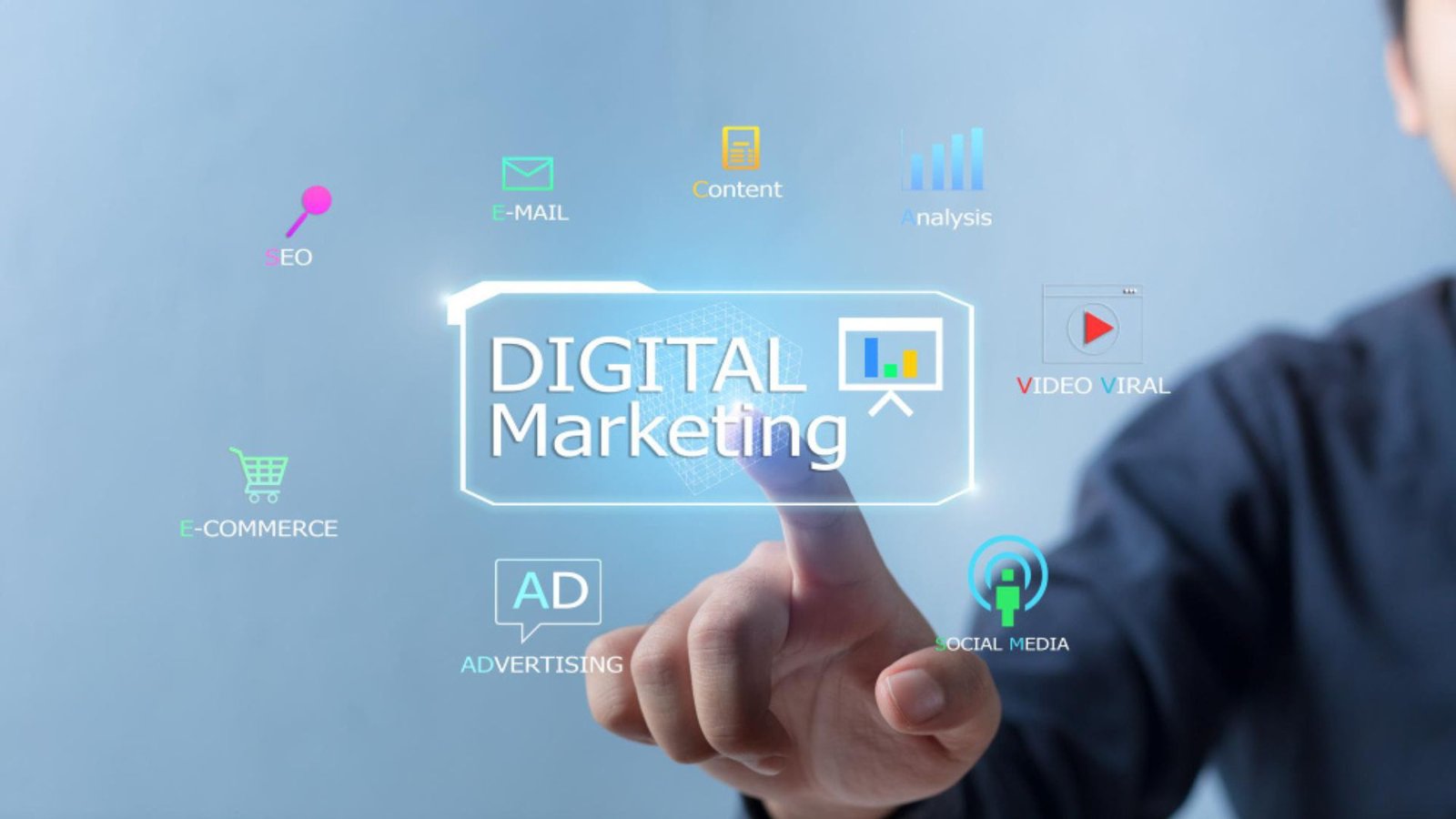In 2025, marketing goes beyond selling products; it is about creating meaningful connections. Emotional marketing taps into feelings, values, and experiences, forging bonds that go deeper than logic or price. Brands that understand the power of emotion can engage audiences more effectively, inspire loyalty, and encourage advocacy.
Understanding Emotional Marketing
Emotional marketing focuses on creating content that resonates with the audience’s feelings. Instead of only promoting features or discounts, it appeals to emotions such as joy, nostalgia, trust, or empathy. When people feel emotionally connected to a brand, they remember it, talk about it, and are more likely to act on marketing messages.
Builds Trust and Loyalty
Emotion drives trust. Brands that show authenticity, care, and empathy gain credibility with their audience. In 2025, consumers are increasingly skeptical of purely transactional messaging. Emotional campaigns that reflect shared values foster loyalty, making customers more likely to return and recommend the brand. Trust transforms casual buyers into long-term advocates.
Enhances Engagement
Emotional content naturally encourages interaction. People are more likely to like, comment, share, or participate in campaigns that evoke strong feelings. Videos, storytelling posts, and relatable experiences generate higher engagement rates compared to purely informational content. Engaging emotions ensures that marketing efforts reach wider audiences and create meaningful conversations.
Differentiates Your Brand
In competitive markets, products may be similar, but emotional connection sets brands apart. When marketing resonates on a personal level, audiences perceive the brand as unique and memorable. Emotional campaigns can position a brand not just as a provider but as a companion, guide, or source of inspiration, creating a distinct identity in the minds of consumers.
Encourages Action
Emotions motivate action. Marketing that triggers excitement, hope, or urgency can prompt purchases, sign-ups, or shares. For instance, storytelling that highlights real-life experiences or challenges encourages audiences to connect and respond. In 2025, campaigns that integrate emotion with clear calls-to-action perform better than purely factual messaging.
Strengthens Brand Advocacy
Customers who feel emotionally connected are more likely to become brand advocates. Positive experiences, inspirational campaigns, and empathetic messaging lead audiences to share their stories with friends, family, or social media communities. This word-of-mouth promotion amplifies brand reach and credibility, creating organic growth.
Humanizes Your Brand
Emotional marketing humanizes brands, making them relatable. Highlighting customer stories, behind-the-scenes moments, or company values gives audiences a sense of connection. In 2025, consumers prefer brands that feel approachable and human rather than distant corporations. Humanized brands foster stronger bonds and long-lasting relationships.
Combines Storytelling and Visuals
Storytelling and visuals amplify emotional impact. Videos, infographics, and images paired with compelling narratives create memorable experiences. Emotional storytelling allows audiences to see themselves in the content, forming personal connections that drive engagement. Consistency in visuals and messaging further reinforces emotional resonance over time.
Conclusion
Emotional marketing is a powerful strategy for building deeper connections with audiences in 2025. By focusing on trust, engagement, differentiation, humanization, and advocacy, brands can create meaningful experiences that resonate beyond transactions. Marketing that appeals to emotions fosters loyalty, inspires action, and strengthens long-term relationships, ensuring that audiences not only remember your brand but also connect with it on a personal level.











